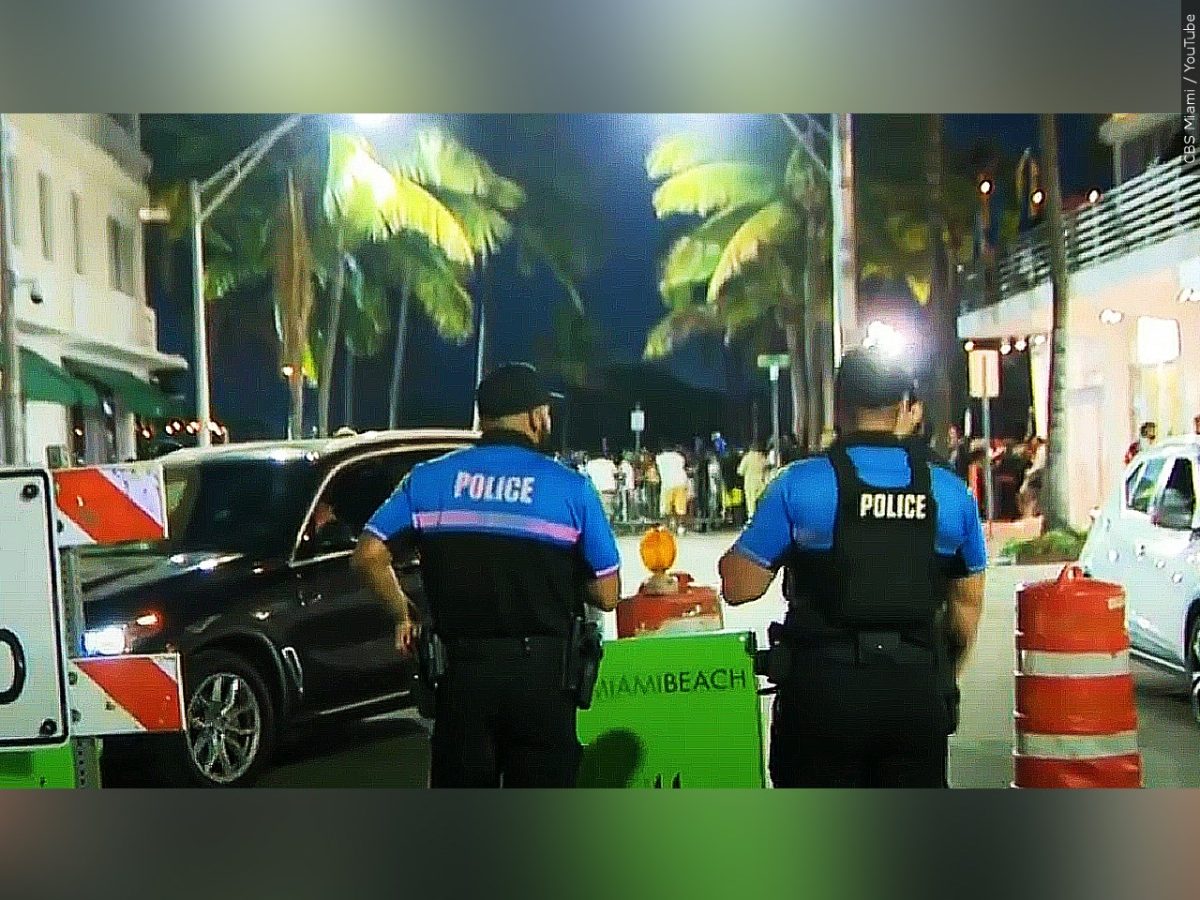The City of Miami Beach TV posted an ad on March 1 announcing that Miami Beach is officially breaking up with spring break. After years of Miami Beach being the ultimate spot for a spring break vacation, Miami has decided that they will no longer put up with managing the mass influx of tourists and cleaning up the mess that is left after tourists leave.
Last year, during spring break, two fatal shootings occurred just off the coast. There were numerous arrests and other crimes committed, not to mention the amount of tourists possessing items on beaches that are prohibited. Miami released the complete list of the current spring break safety measures with hopes to avoid the events from the year prior. The rules include security checkpoints at beach-access areas, early curfews, road closures, DUI checkpoints and arrests for drug possession and violence.
“I think these new rules will absolutely make a difference, especially with all of the litter and trash that gets left on the beaches,” said Emily Overton, a senior sociology major. “My friend Ty and his partner went to Miami but only because it was a stop in a cruise they were on. They mentioned how awful the beaches looked and how bummed they were.”
Aside from the safety measures, Miami Beach is also not allowing large tables, large tents, large coolers, loud music, glass containers or plasticware of any kind or styrofoam. The consumption of alcohol, possession or use of drugs and smoking of any kind will also be prohibited on beaches. In order to properly enforce these rules and safety measures, Miami Beach is fully equipped with drones, bag checks, high fines and lots of police officers.
“I have been to other beaches for spring break before and not encountered these issues,” said Reagan Higgins, a sophomore early childhood education major, “I think that it may have changed some people’s plans, but regardless of the rules, people will still continue to do what they want.”
The parking fines and new regulations regarding Airbnb and Vrbo rentals have also been posted. The parking flat fee is $30 for all lots and garages in the Arts & Entertainment District. This parking rate will not be applied to Miami Beach residents, access card holders, permit holders or employees with proper identification. In addition to the parking fee, the towing fee for nonresidents will be double the current amount, which adds up to a little under $550. Miami has made all short-term rentals less than six months and one day illegal. This includes Airbnb and Vrbo. The fines regarding this violation range from $1,000-5,000.
“Miami is a popular destination, but it is not the only one available, so if people have the option to go someplace else where they can do what they want, I’m sure they will change their plans,” said Mackenzie Masoudpour, a sophomore chemistry major. “This being said, I know a few people who planned to go to Miami for a break, and as far as I know, that is still their intention.”
As of March 17, Miami officials claimed that arrests were down 8% in comparison to March of 2023. This has been seen as a direct result of this “break up” campaign and efforts to restrict the desirability of the city as a spring break.
“Our law enforcement officers have shown remarkable dedication in protecting both residents & visitors throughout Spring Break,” said Steven Mainer, mayor of Miami Beach on X, formerly known as Twitter, on March 18.
However, local businesses that rely on tourism and these college students’ business boom in March have reported financial drawbacks to Miami’s new rules.
According to one article in USA Today, one Miami nightclub reported that the midnight curfew cost them an estimated half a million dollars.
“In 2021, Miami Beach made more than 1,000 arrests amongst spring breakers, leading them to issue an emergency curfew,” the article said. “In 2022, two shootings injured five people, leading to another curfew. Last year, the Miami Beach Police Department said it conducted 488 arrests, impounded 105 firearms and issued 7,190 traffic citations between Feb. 27 and March 27.”
When the midnight curfew was instated, three Miami nighclubs fought back: M2, Mynt Lounge and Exchange. They filed a complaint Friday, March 15, saying the curfew “unduly punishes and penalizes the plaintiffs’ lawful business operations and was done without reasonable or appropriate advance warning and in the absence of good cause.”
The next day, Judge David Miller denied this challenge.
“There are shared sacrifices we make as a community to protect the life and property from criminals that we see year after year,” said Alex Fernandez, Miami Beach City Commissioner. “How do you put a price on an innocent life — the life of a spring breaker?”
Although this year’s preventative measures have seen greater safety among residents and visitors alike, there are evident drawbacks in the eyes of local businesses who cater to the chaotic college crowd. Nevertheless, Miami buckled down, and with March coming to a close, the city has seen a decrease in arrests. Although Miami “broke up” with spring break this year, what happens in the coming years remains to be seen.


